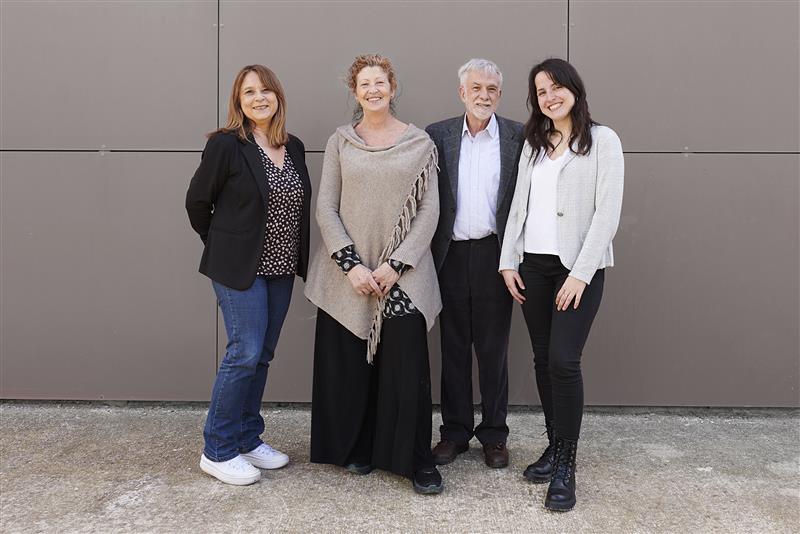Rewarding brain stimulation: Memory potentiation in healthyrats and protective effects in a longitudinal rat model ofAlzheimer’s disease.
Our group has repeatedly demonstrated that medial forebrain bundle intracranial electrical self- stimulation is able to improve the consolidation of both non-declarative and declarative memory tasks, as well as to promote the functional recovery of memory deficits associated to brain injury. The mechanisms mediating these memory benefits are mainly related to activation of plasticity markers in different brain circuits. In humans, similar effects could be produced by deep brain stimulation (DBS), but the number of clinical trials using DBS to alleviate memory deficits after brain injury or in patients with neurodegenerative disorders is scarce. To better understand some of the physiopathological signatures associated to memory deficits in Alzheimer’s disease (AD) and to deepen in the mechanisms related to the memory benefits of electrical brain stimulation, our main current research interests will 1) focus on detecting alterations of miRNAs that are common in AD patients and in rat AD models; and 2) examine whether brain electrical stimulation is capable of reverting some of these alterations in our animal models. We hope that our research will help design adequate DBS parameters to alleviate memory deficits in AD patients, as well as identifying miRNAs that can be good biomarkers of both the progression of the disease and the effects of treatments.

